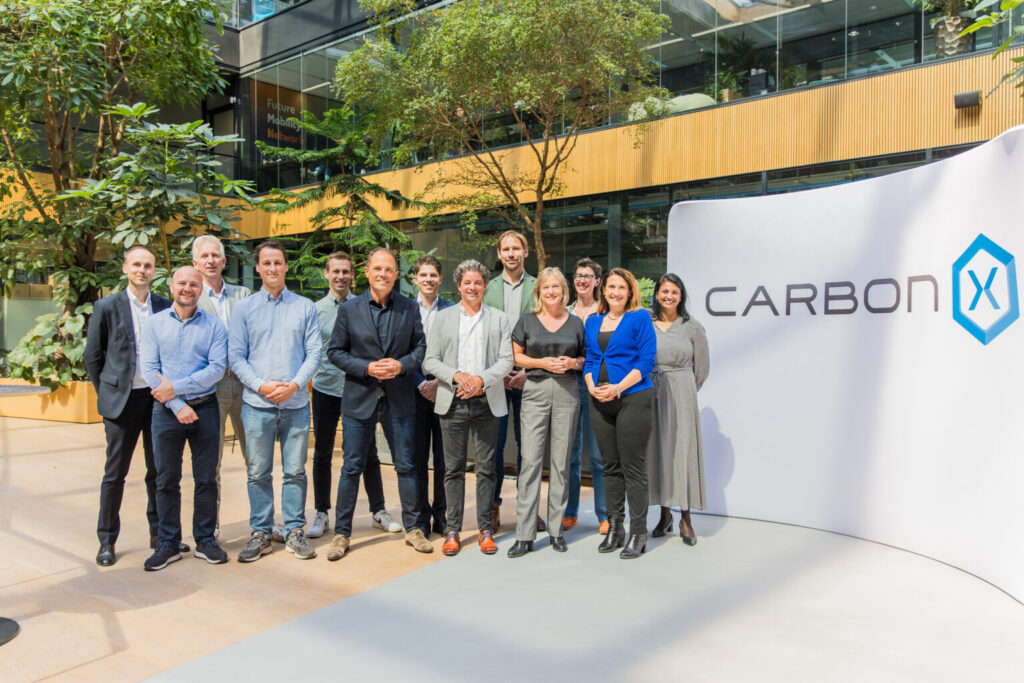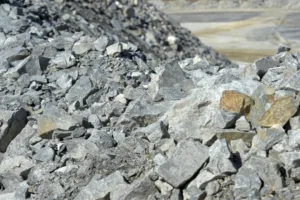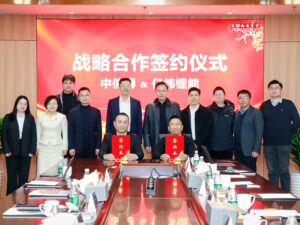CarbonX hosted Chantal Zeegers, Rotterdam’s Councillor for Climate, Building, and Housing, at its Delft facility to discuss plans for scaling up the European battery supply chain. The closed-door roundtable focused on establishing an independent, Europe-based production network for battery anode materials, reducing reliance on imports and strengthening regional energy resilience.
During the visit, Zeegers highlighted CarbonX’s work on an alternative to imported graphite. “It serves the growing need for batteries and makes us less dependent on imports. A promising boost for our local economy, and local production is more environmentally friendly,” she said.
CarbonX officially introduced CarbonX One, the first European plant dedicated to producing battery anode materials. With a capacity of 12 GWh, the facility is designed to supply materials for approximately 120,000 electric vehicles annually. Following the presentation, Zeegers toured CarbonX’s battery testing laboratories and initiated a new lithium iron phosphate (LFP) stability test cycle. This test is expected to run for at least 2.5 months and exceed 1,000 charge–discharge cycles, contributing to the validation of next-generation CarbonX batteries.
Participants included representatives from the Rotterdam Energy Transition Fund, the Municipality of Rotterdam, the Dutch Ministry of Climate and Green Growth, the Port of Rotterdam, and investor InnovationQuarter. Lars Crama, CEO of InnovationQuarter, commented, “Innovative frontrunners like CarbonX are driving the breakthroughs we need for a resilient European battery supply chain. At InnovationQuarter, we’re proud to help power this progress by linking their ambition to the strength of our public-private ecosystem.”
Rutger van Raalten, CEO at CarbonX, looks back at an inspiring afternoon: “Establishing a secure, local supply chain for critical battery materials is both urgent and essential for Europe’s energy transition. CarbonX is proud to help lead that effort. The visit of Councillor Zeegers highlights the importance of aligning government, municipalities, and port authorities around this shared goal and marks an important step in defining the Netherlands’ strategic role in securing energy independence.”
Source: CarbonX News
















